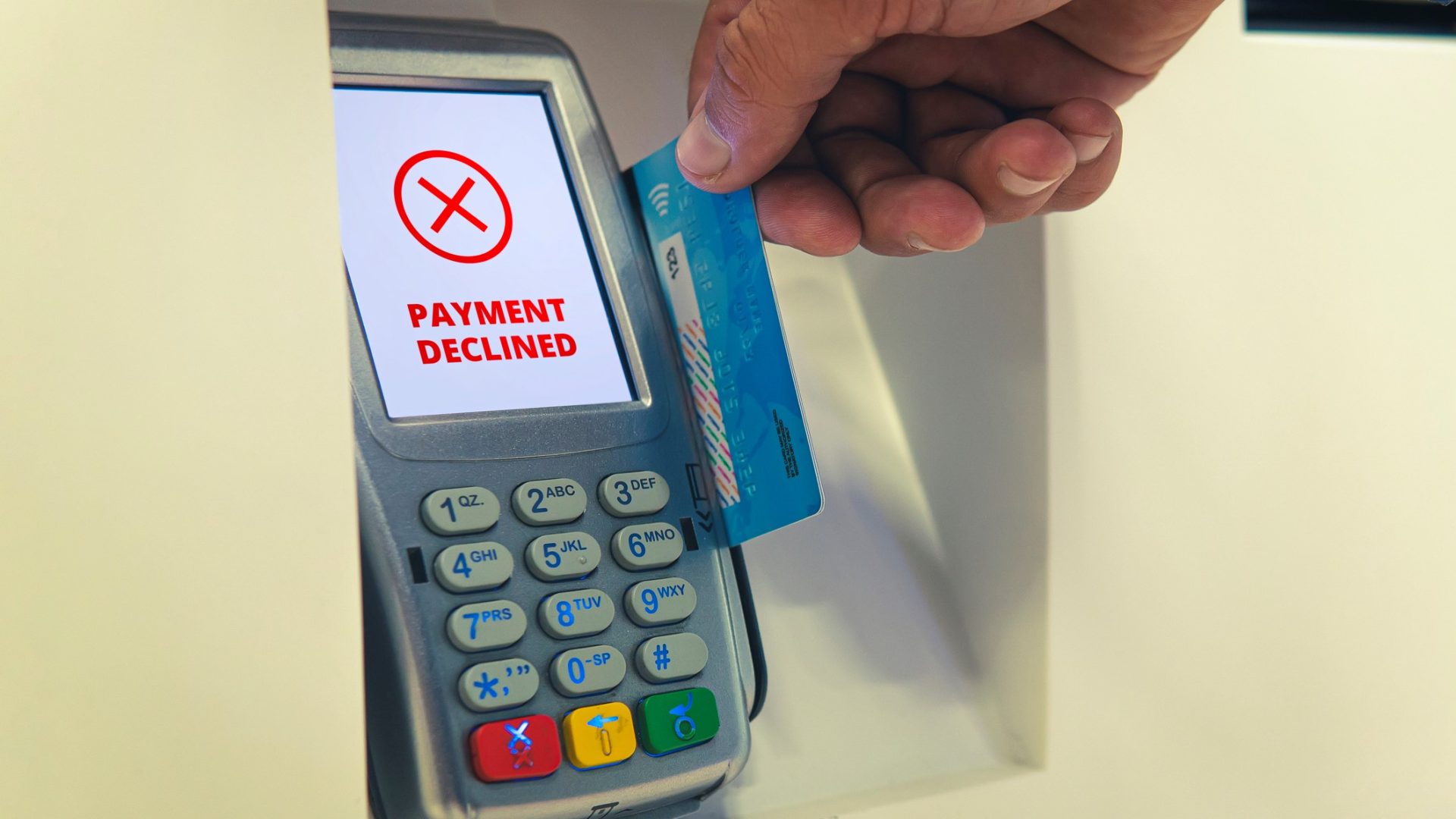Is There Sufficient Funds Available In Your Account?
Your payment can get declined if there aren’t enough available funds in your bank account or credit limit to cover the full purchase amount. It’s important to regularly check your account balance before making online or in-person purchases to prevent this from happening. Leaving a comfortable cushion of available credit limit or cash will help avoid the embarrassment and hassle of a declined transaction at checkout.

Is Your Card Nearing Its Expiration Date?
Most cards have an expiration date of around 3 years from when they are issued. Make it part of your routine to periodically verify the expiration month and year printed on your payment methods. Using an outdated card is a common reason purchases get declined. Be proactive and renew your cards a few months before they expire to keep your account info up-to-date.
Did Fraud Detection Flags The Transaction As Suspicious?
Advanced fraud prevention systems utilized by banks and card issuers aim to detect unauthorized activity and protect customers. However, they may incorrectly flag legitimate transactions as fraudulent if the spending pattern differs from normal behavior. Unusual purchases outside of regular habits could trigger a payment rejection. Reach out to your bank right away if this happens to verify recent account activity.
Was There A Typo When Entering Your Card Details?
Manually entering long strings of numbers, codes, and addresses when checking out online leaves room for human error. Even a single mistyped digit can cause a failed payment. Double and triple check that all your card information, including the billing zip code, is correct before finalizing an online order. Taking extra care to avoid data entry mistakes can save future headaches.
Are There Any Pending Transactions To Clear First?
Pending authorizations or holds on recent purchases may temporarily reduce your available balance or limit. Subsequent charges attempted before prior obligations fully clear could get declined as a result. Be sure to track pending transactions and make sure recent payments have been processed to avoid issues.
Is The Merchant Category Blocked For Your Card?
Some banks place restrictions on certain types of merchants for added layers of fraud protection. This includes categories like online gaming, crypto exchanges, and in-app purchases. An otherwise valid transaction may get declined due to the website or app’s category tag. Reach out to your issuer to find out about any blocked categories and request exceptions if needed.
Contact Customer Support For More Insights
If the payment failure doesn’t seem related to the above common culprits, reach out to the merchant’s customer service team. Explain what happened during checkout and include details like your order number, the date/time, and any error messages received. They can investigate the specific transaction and work with the card network or bank to troubleshoot the root cause and find a resolution. Collaborating with support is usually the fastest path to getting the declined payment addressed.
Try An Alternate Payment Method
As a last resort, use a different form of payment if multiple attempts with your card get rejected. Make sure to have backup funding sources like another credit card, debit card, or digital wallet linked to your accounts. While it’s best to resolve the ongoing issues, an alternative payment may process without glitches in the interim. Just confirm the secondary option is accepted before incurring additional fees.
Wait And Try Again After A Few Days
On rare occasions, temporary technical issues outside of anyone’s control could disrupt payment approvals. Network outages, scheduled maintenance, and other glitches may rarely cause declined transactions even with valid information. In these situations, waiting 24-48 hours allows time for fixes to take effect. There’s often no harm in trying the purchase again sometime later before pursuing other solutions. Patience can pay off.
Understanding Card Declines In Advance Saves Future Stress
Following the strategies above helps avoid common pitfalls that can lead to declined payments. Knowing what actions to take promptly also minimizes hassles down the road. Making an effort to keep tabs on account activity, expirations, spending patterns and technical issues helps sidestep unwelcome surprises at checkout. With some preventative maintenance of payment methods and merchant communication when issues do occur, future orders can proceed smoothly.
 A Guide to Roblox Private Servers - How They Work and What You Need to Know
A Guide to Roblox Private Servers - How They Work and What You Need to Know